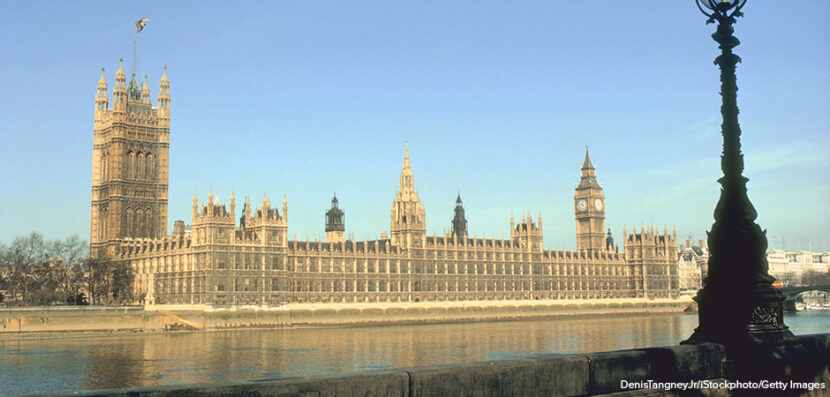Johnson Replaces May as Britain’s Prime Minister
Here in the U.S., all eyes are currently focused on the upcoming 2020 presidential election. But across the ocean, Great Britain saw a change in political power last week that will undoubtedly have an effect on the United States as well. Prime Minister Theresa May was replaced by Boris Johnson, a politician with a reputation for being divisive. Here, Election Central takes a closer look at what happened, as well as at some of the possible impacts of this change.
So What Happened to Theresa May?
At the center of Britain’s shift in power is the issue of Brexit, or the UK’s controversial decision to separate from the European Union (EU), which happened back in 2016. Boris Johnson was one of the politicians who spearheaded the pro-Brexit effort. But like any divorce, this is not a simple procedure, and Britain can’t just pack up its bags and leave. Over the years since the Brexit vote passed, there have scores of complicated details to work out, such as how the separation would affect trade and immigration, and what would happen to UK nationals living in the EU (and vice versa).
Then-Prime Minister Theresa May found herself facing ever-growing unpopularity as she brought forward one Brexit plan after another, just to have each one shot down by a deeply-divided Parliament. Finally, two months ago, May resigned as leader of Britain’s Conservative Party, expressing her deep regret that she was not able to see Brexit through.
Who Is Boris Johnson?
Johnson began his political career as a newspaper correspondent who made a name for himself by speaking out against the EU. He is also a former mayor of London, and served for a while as foreign secretary under Theresa May, though he quit over disagreements with her about Brexit.
But Johnson is a highly controversial political figure. Already, several key cabinet ministers have resigned rather than work with him. Economically, the value of the British pound also began to slide last week in response to the change in leadership.
How Will This Affect Brexit?
Johnson has stated that he will pull Great Britain out of the EU by the deadline of October 31st no matter what, even if no deal has been reached. He has also assembled a group of six of his fellow conservative ministers–which he refers to as his “war cabinet”–to assist him with this process. Political experts, however, feel that it is unlikely that Brexit will actually be able to happen that soon. The process of renegotiating an agreement with the EU is time-consuming, and if Britain were to leave the EU with no deal in hand, as Johnson has pledged, it would plunge the nation into complete economic and political chaos.
There is also the issue of Ireland to consider. Brexit would mean that Northern Ireland will be in the UK, while the Republic of Ireland will remain in the EU. (But if you check a map, you’ll see that Northern Ireland is located on the same island landmass as the Republic of Ireland. The complications of geography and economics and politics are making this much harder than the simple YES/NO Brexit campaign of a few years ago seemed to make it.) Johnson’s hard-line, October-31-or-bust plan has brought relations between Britain and Ireland to their lowest point in decades.
For their part, EU leadership has stated that they are willing to listen to Johnson and to try to work with him going forward.



